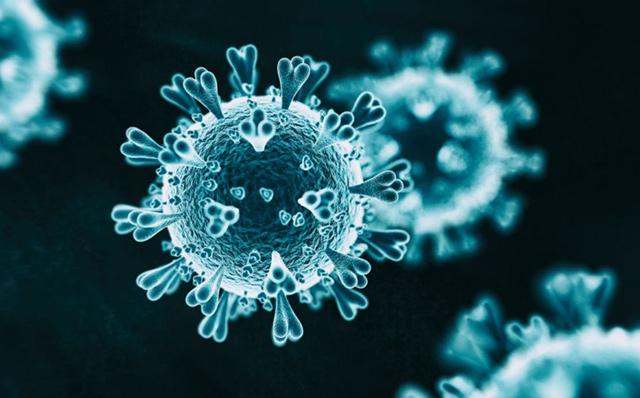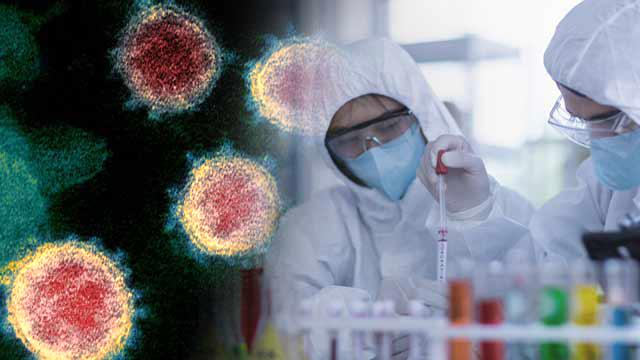You are here
Seminar hears of rapid COVID vaccine production, contribution of IT
By Rayya Al Muheisen - Oct 11,2021 - Last updated at Oct 11,2021

Issa Abu Dayyeh, Research and Development Head at one of Jordan’s labs and a member of the Centre for Research in Emerging Infectious Disease, during the seminar at the Jordan Media Institute on Sunday (Photo courtesy of Rayya Al Muheisen)
AMMAN — A seminar on the impact of COVID-19 on the healthcare sector in Jordan was held at the Jordan Media Institute on Sunday.
Issa Abu Dayyeh, Research and Development Head at one of Jordan’s labs and a member of the Centre for Research in Emerging Infectious Disease, was the keynote speaker at the seminar.
Abu Dayyeh, during the seminar, pointed to the origin of the virus in addition to the different typesand mutations of COVID-19.
“The pandemic highly impacted the healthcare sector in the Kingdom. Pharmaceuticals, health information technology, health insurance and healthcare facilities, in addition to medical equipment, were all affected by the epidemiological situation in the Kingdom,” he said.
In response to a question on how healthcare providers came up with the COVID vaccine in less than a year, Abu Dayyeh said that operational partnerships established prior to the pandemic brought expertise and knowledge beyond borders. This leveraged existing networks early on, pushing research to develop and deploy new vaccines "in record time".
He added that collaboration at all levels of society and among the health workforce has been "remarkable", noting that access to COVID-19 research has helped make vaccines, medical diagnostics and medicines available.
Abu Dayyeh also clarified the different mutations that have emerged from the virus, pointing to some common misconceptions.
According to Abu Dayyeh, the virus has mutated over time, resulting in genetic variation in the population of circulating viral strains over the course of the pandemic. He noted that some of the mutations are positive, while others are negative or neutral.
Information technology has proven to be the most important contributor in helping us through the pandemic, he said, adding that the data collected helped decision makers better understand and respond more effectively to the virus’ spread.
Abu Dayyeh concluded that while COVID-19 was not the first nor will be the last pandemic the world will undergo, it remains important to learn from mistakes and make better use of data for the future.
Related Articles
AMMAN — Biolab Diagnostic Laboratories has published the full genomic sequences of 23 samples of COVID-19 isolated from Jordanian patients i
PARIS — Several coronavirus variants with the potential to be more transmissible have caused global concern over whether existing vaccines w
PARIS — The coronavirus' constant mutation is unlikely to have changes its potency or its contagiousness, disease experts say, despite recen



















